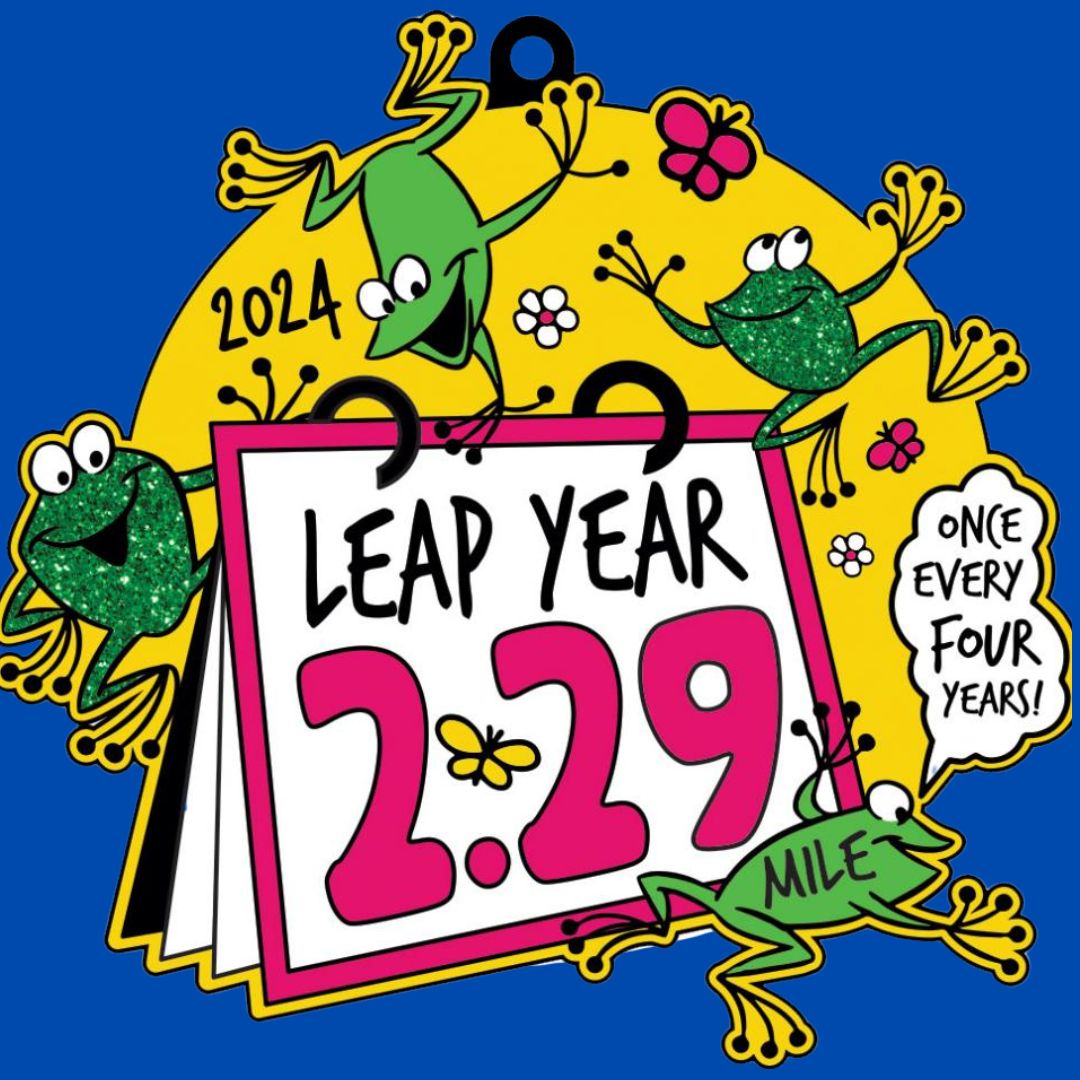You might already know that 2024 is a leap year! This means that 2024 has 366 days instead of the usual 365.

Also Read, Historic Moment : COP28 Deal Agrees To ‘Transition Away’ From Fossil Fuel
What Is A Leap Year And Why Was It Introduced?
Every year has 365 days, however every four years, the calendar has an extra day. This extra day falls on February 29, turning February into a 29-day month. It takes approximately 365.25 days or about 365 days, 5 hours, 48 minutes, and 46 seconds for Earth to orbit the Sun. This is called the solar year. So, to simply put a year does not have an exact number of days.

Therefore, we usually round the days in a calendar year to 365. To make up for the missing partial day, we add one day to our calendar approximately every four years to make an additional day.
Leap years are important so that our calendar year matches the solar year, the amount of time it takes for Earth to make a trip around the Sun. However, deducting roughly 6 hours each year for years can cause prob-lems. This leap day is essential to ensure calendars stay on track. Other-wise, extra time would build up over the years and winter would end up falling in summertime!
For example, June is a warm, summer month where you live. If there were no leap years, all those missing hours would add up into days, weeks and even months. Eventually, in a few hundred years, June would actually take place in the cold winter months!
Did You Know That Every Fourth Year Is Not A Leap Year?
The six hours used for calculation (as explained above) differs from the actual 5 hours, 48 minutes and 46 seconds. Therefore, adding an extra day did not solve the entire problem. It made the solar year slightly shorter than the calendar year. Thus, in order to take into account the imprecise calculation, some leap years are dropped. There’s a leap year every year that is divisible by four, but to qualify, century years (those that end in 00) must also be divisible by 400. Years ending with 00 are generally dropped unless divisible by 400.
For Example, 1900 was not a leap year but 2000 was.
History Of Leap Year
The concept of leap years was first introduced by the Egyptians who had devised a solar calendar featuring 365 days.
In 46 BC, Julius Caesar’s scholars introduced leap year, which was perfected in 12 AD. The Julian calendar included an extra day every four years.

Did You Know?
• People born on February 29 are often called ‘Leapers’ or ‘Leaplings’. What would happen if you were born on 29th February? When would you celebrate your birthday?
• The calendar system most of the world uses today is called the Gregorian Calendar. It was introduced in October 1582 by Pope Gregory XIII.
Watch Full Video on, #IndiaOnMoon : Over the Moon – Chandrayaan -3, India’s Successful Lunar Mission

